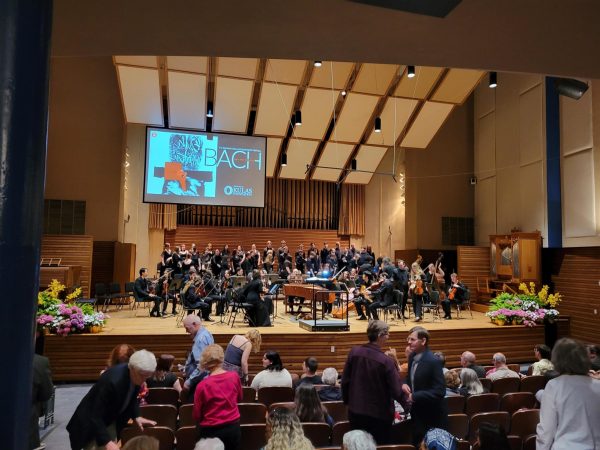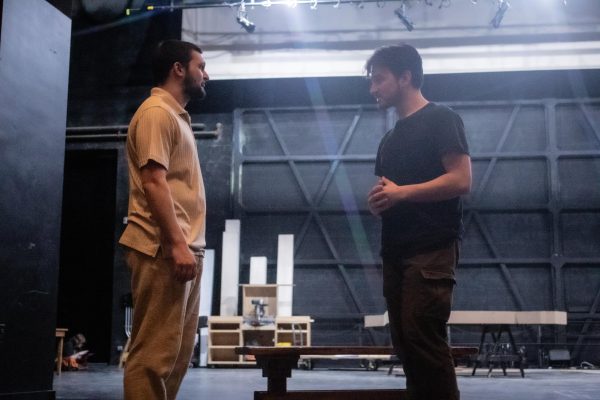Leadership in Higher Ed. interns contribute as part of 30 offices on campus
Baldwin Wallace’s Leadership in Higher Education (LHE) program stands out compared to other programs like it, because it requires students to gain a vast array of experience before they enter the workforce.
During their time in this application-based program, the students are required to create and conduct service projects and serve in two vastly different internships.
Along with these great opportunities for experience, the LHE program has other events that help prepare students, such as networking lunches and a mock interview day.
Ken Schneck, director of the Leadership in Higher Education program, said, “a chunk of their program—to be in the master’s program—is their internship. They get academic credit for it but they also work twenty hours a week doing it.”
According to Schneck, the LHE interns provide significant contributions to academic and student life on campus.
They work in about 30 different offices all over campus during the school year. To gain internships in one of these offices across campus, students are evaluated for these positions during an interview day.
Held on March 2nd this year, this interview day provides opportunities to about 27 students. It is a massive undertaking; approximately 140 interviews will be conducted during this short time. The students will be interviewed by at least five offices across campus in order to receive the most options for internships as possible.
This is a critical concept for Schneck, who changed the way students were interviewed for their internships when he came to Baldwin Wallace in 2014.
“Say you hit it off with the first people you interviewed with,” he said. “That’s wonderful but there might be other people that you hit it off with as well, so I don’t want you just taking the first thing you can get.”
Schneck says this day also provides great exposure for the students in the LHE program and that it’s essential to aid students in getting a job after they finish this program.
“I think now more than ever—especially with the job market the way it is and the economy—everyone really does need to leave this program with a job,” he said. “You can have all the skills in the world but if you can’t convey them you will not be offered a job. We want to do every single thing we can to support these students, everyone, getting a job.”
The Exponent is looking for financial contributions to support our staff and our newsroom in producing high-quality, well-reported and accurate journalism. Thank you for taking the time to consider supporting our student journalists.












































